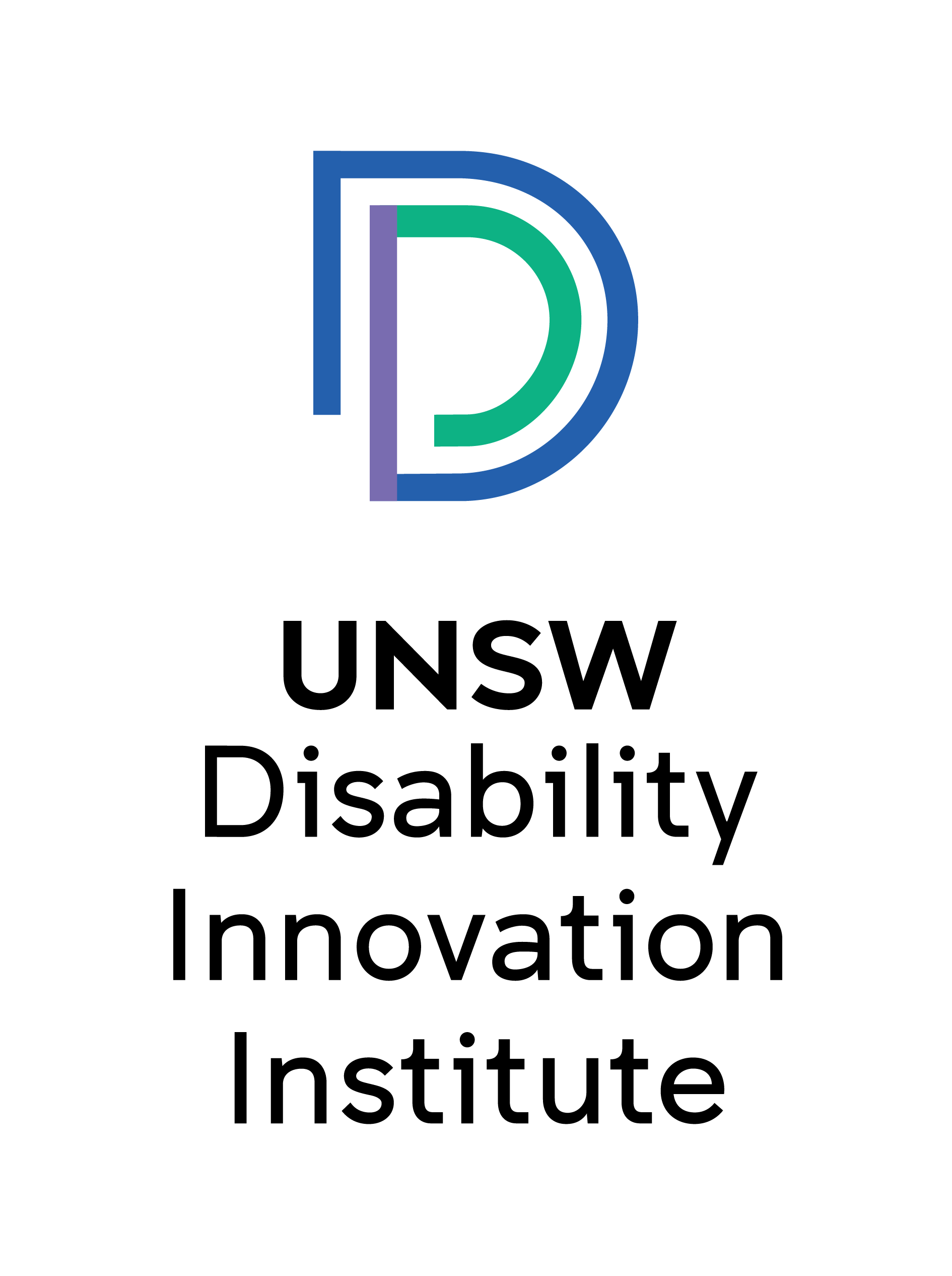Disability featured strongly at the biennial World Congress of Bioethics (WCB) and the satellite conference on Feminist Approaches to Bioethics, held in Basel, Switzerland from 18 to 22 July. The Institute’s Director Jackie Leach Scully, who is also Professor of Bioethics, attended both conferences virtually. She participated on two panels and presented two papers, one of which reported from her project with Dr Georgia van Toorn on the impact of automated decision making (ADM) on people with disability.
In the past, bioethics has often had a tense relationship with the disability movement. Some of this is due to the fact that bioethics developed to provide ethical guidance to the medical profession, and so has tended to take a highly biomedical approach to disability with (until recently) little awareness of more social or relational views of disability. Moreover, prominent bioethicists such as Peter Singer or Julian Savulescu have put forward arguments about disability that many disabled people feel are discriminatory or even eugenic, and this has coloured views of bioethics as a whole. So it was pleasing to see that as well as several individual presentations, one of the WCB keynotes was given by Dr Christine Wieseler from California State Polytechnic University on “Disability Bioethics: Mapping the Rough Ground”. All of these presenters challenged highly medicalised views of disability and argued for more contextual and relational approaches.
Overlapping in the same week was a major symposium organised by the ARC Centre of Excellence in Automated Decision Making and Society in Melbourne. Here both Georgia and Jackie were able to present their ongoing work in a panel on Automated Care—Georgia in person, and Jackie online. Feedback on their session was very positive and has led to a number of new contacts with people across the Centre who have related interests in automated decision making and disability.

